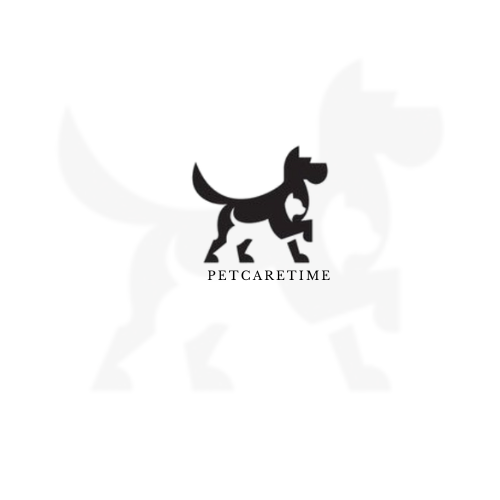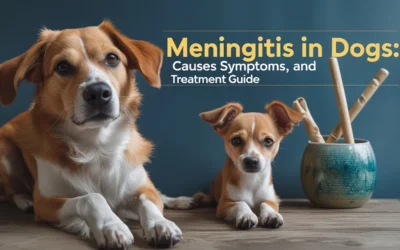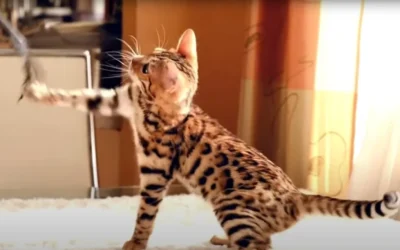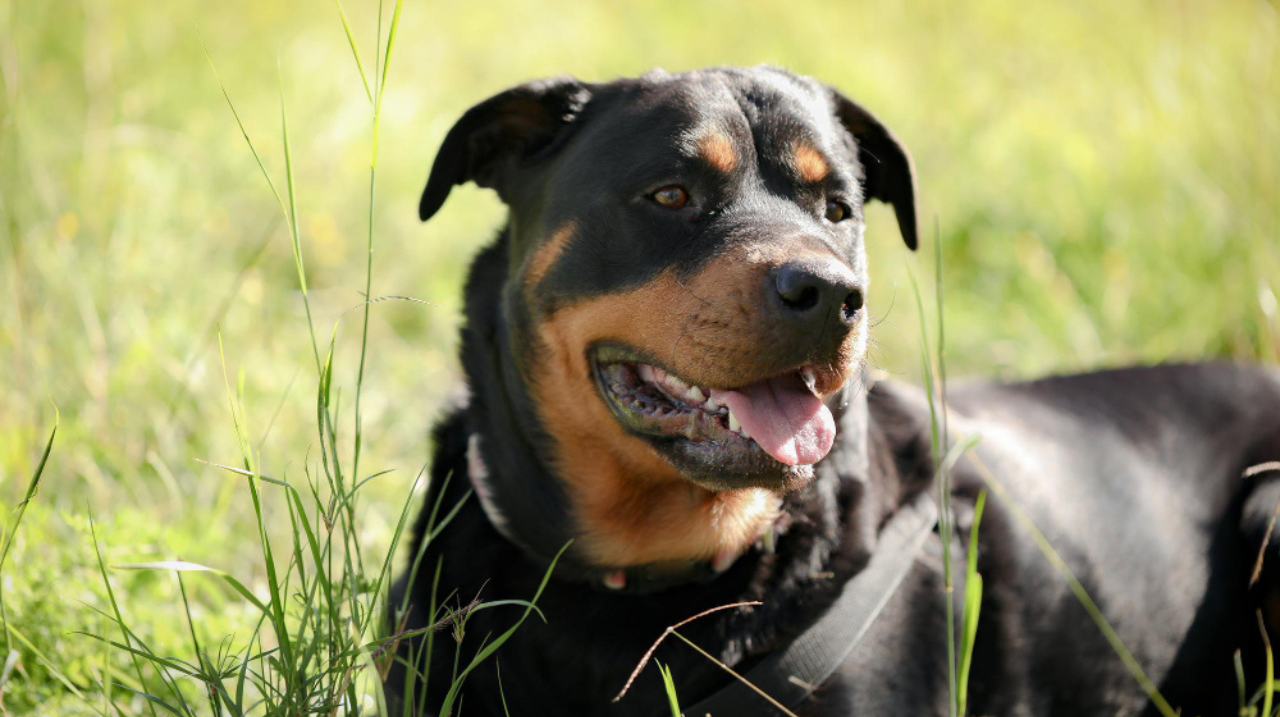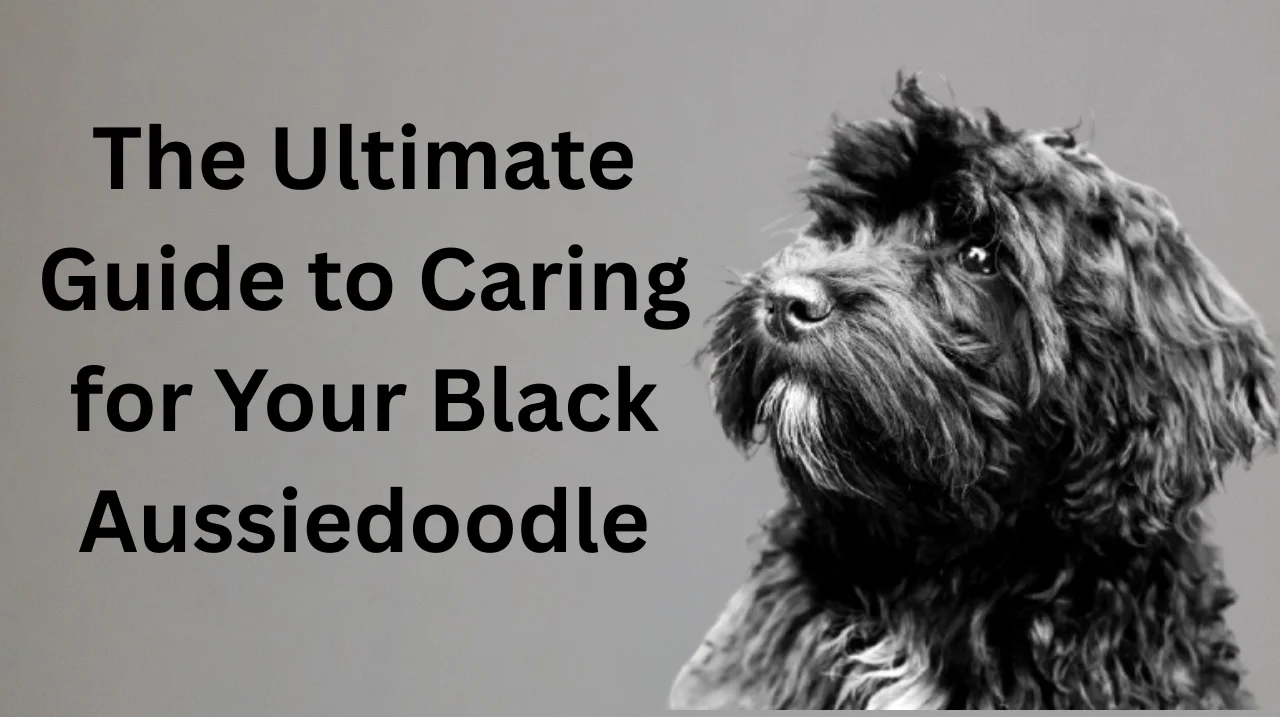Navigating the Heartbreak: What to Do When Your Dog Passes Away at Home
Losing a dog is a terribly hard thing for a pet owner to experience. Emotionally and physically the process of dealing with and responding to when your dog dies in your home is very challenging and stressful. In this guide, we will take you by the hand through the critical steps you will need to go through at the time when a loved one passes away.
Understanding the Emotional Impact
Death of a dog is emotionally distressing for the most part. Even if your dog passed away of old age, illness, or an unexpected accident, you are likely to feel sad, shocked, perhaps guilty and even baffled. The truth of the matter is that these emotions are completely normal.
Why You Should Allow Yourself to Grieve
Loss of a dog is just like a family member. You had a companion in your dog who gave you unconditional love and support. It is natural to grieve this loss, part of the healing process. It’s good to allow yourself to mourn and you shouldn’t try to rush this time of sadness. Additionally, it’s beneficial to discuss pet loss with others who have experienced that or gain help from a professional counselor if necessary.
What to Do Immediately After Your Dog Passes Away
When your dog dies at home, there are certain things that you need to do immediately to ensure that the event is dealt with in the best manner and with the feelings of care. The main points are as follows.
1. Confirm the Death
So, that being said, before making any decisions whatsoever, you have to be absolutely sure that your dog has in fact passed away. The most important thing you should do is gently check for vital signs. You can test for heartbeat by placing your hand on their chest or for breath by placing your fingers near their nostrils. You can also check for a fixed gaze or pupil dilation if no response is provided. If you’re not sure, it’s always best to talk with your veterinarian about what is happening.
2. Make Your Dog Comfortable
Once you confirm that the dog passed, you may wish to place the dog’s body on a soft surface like a blanket or towel. It is to ensure this, that their body is laid in a respectful and peaceful position. You can place a cloth over them so you can properly take the appropriate steps to arrange for aftercare. Making any other decisions is not something that many pet owners are comfortable with, instead, giving their pet a peaceful last resting place brings comfort and allows pet owners to let go with their pet.
Arrangements for Aftercare
Your determination about what to do with the body follows after your dog passes away. The correct management of your deceased pet runs through proper aftercare procedures. Multiple possibilities exist for caring for the deceased dog after its passing.
1. Contact Your Veterinarian
Using a veterinarian proves to be one of the most important sources of support during this challenging period. Contact your veterinarian immediately after your dog has passed following the notification. Your veterinarian will guide you after your pet has passed away by presenting burial or cremation choices together with transportation services for the body. Your veterinarian might provide body pickup services for dogs so you do not have to carry out the physical transport if needed.
The end-of-life support offered by specific vets includes grief counseling sessions and pet loss support group recommendations that serve as useful resources for emotional recovery.
2. Explore Cremation or Burial Options
It is vital for you to decide between cremation and burial for your dog’s remains. There are three primary choices to handle your dog’s remains which include:
Cremation
There is widespread preference among pet owners to choose cremation as their preferred final disposition method for their pets. Veterinary clinics let their patients choose cremation services that return dog ashes within decorative containers. Within cremation ceremonies you have the possibility to receive specific memorials such as paw prints or small symbolic items that bring back memories of your pet. Through cremation you obtain closure and successfully maintain a fragment of your dog for eternal memories.
Burial
People who own suitable property space can choose burial as their funeral option. Some towns establish regulations about pet cremations which require information about how deep to dig the grave whereas you need to declare the pet’s burial status. Residents in urban areas have access to nearby pet services that provide cemeteries and burial options.
The use of biodegradable caskets and eco-friendly burials provides environmentally conscious options for those who want to place their dog in final rest.
Legal Considerations
After your dog passes there are several important matters which extend beyond emotional grief. Being informed about the official guidelines regarding animal remains disposal in your area remains essential.
1. Local Regulations for Pet Disposal
You should become knowledgeable about all local rules which affect animal corpse disposal before choosing end-of-life arrangements for your dog. Some regions need dog owners to transport dead animals to either an animal control facility or a service approved for animal disposal. Freshly passed regulations in some urban areas limit the choice of locations where residents can inter their pets.
You need to confirm local regulations along with consulting veterinary recommendations regarding funeral rules inside your area. The specific regulations which govern pet disposal vary across different cities and counties thus it is wise to check the official process beforehand.
2. Death Certificate and Documentation
You generally will not require official paperwork except in cases of external death causes that demand legal investigations. A veterinary death certificate becomes necessary for insurance claims and studies involving animals but does not apply to most circumstances. You need to reach your veterinarian for the needed paperwork when faced with such situations.
How to Cope with the Loss
When losing a dog grief becomes tremendous so healing steps should be taken after the initial shock passes. The process of dealing with a loss needs you to exercise patience and demonstrate understanding.
1. Seek Support from Friends and Family
As your dog passes away you must turn to your dear people for warm emotional help. Tell your emotions about the dog to relatives and people who comprehend your deep connection with your pet. Going through both positive memories of your pet and experiencing your grief helps the healing process. People who have experienced a similar loss often provide supportive words which help you feel companion at this challenging period.
2. Consider Professional Help
Getting professional help stands as a safe step when your grief disrupts normal functioning or becomes too challenging for you to manage. The counseling process for pet loss provides comfort to numerous pet owners dealing with grief. Specialized therapists have the tools to help you develop coping strategies and they will provide a place where you can share your feelings with them. Participating in support groups specifically for pet loss will lead you to meet individuals who comprehend your similar experience.
Memorializing Your Dog
A memorial for your dog can also be a good way to work through his or her death. It can be a lasting tribute to help you hold the bond that you share.
1. Assemble a Memory Box or Photo Album
Collecting your dog’s belongings made into a memory box or a photo album is one of the most personal ways of remembering your dog. Items such as your dog’s collar, favorite toy, photos or anything else that has sentimental value, are items you should gather to bring the smell of your dog along with them. Our dogs’ objects can be used to remind us of the love and companionship our dog provided.
2. Plant a Tree or Flower
Another way to commemorate your lost dog is to plant a tree, flower or another plant in its honor. In addition to honoring a certain symbol of your pet’s life, it’s a tribute that expresses the continuing life in nature of your pet. Every time you notice your plant growing will serve as a reminder of the happiness you received from your dog.
Conclusion
Generally speaking, it is never easy dealing with the loss of your dog at home, but with the appropriate steps and caring for yourself emotionally you will be able to navigate this situation with dignity. As always, it’s a good idea for you to connect with your veterinarian for guidance, honor your pet’s memories, and give yourself the time to grieve and recover. A dog is a profound loss but the love and bond will never disappear.
